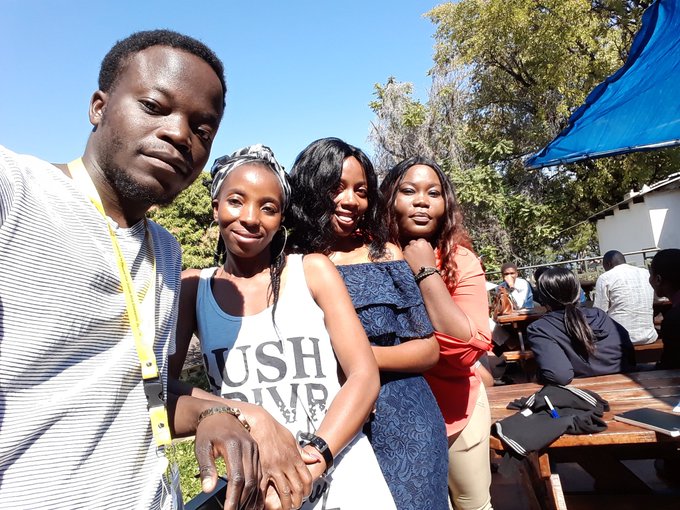By Own Correspondent
The youthful population in Zimbabwe remains an import resource which when fully utilised can contribute to social and economic transformation. This dynamic group of young people only need social accountability tools and platforms to influence and assert their position in society as change agents. In the absence of the requisite tools and platforms, the voices of this demographic group of people go unheard though they inherit the consequences of decisions made on their behalf. As the debate on the abuse, misuse and misappropriation of public resources deepen in Zimbabwe, the voice of young people becomes more important in shaping the national discourse and holding the public officials to account.
It is against this background that the Zimbabwe Coalition on Debt and Development (ZIMCODD) launched a Social and Economic Justice Activism Academy aimed at building activism skills of young Zimbabweans to enhance their interest in public finance management issues for them to be champions in demanding fiscal transparency from duty bearers. With public finance management being a vital cog for the realisation of citizens’ social and economic rights, it is critical for young people to be vibrant in exercising social accountability monitoring to ensure that citizens are not prejudiced of their socioeconomic rights.
The week long inaugural Social and Economic Justice Academy currently running in Kariba, 22-27 July 2019, have seen the convergence of youth from diverse backgrounds including those from youth oriented civil society organisations, socioeconomic rights defenders, aspiring university graduates and journalists. The workshop have seen youth being acquainted with advocacy skills for social and economic justice, gender and budgeting, gender and debt management, economic justice and the administration of public resources (the fundamentals and non negotiable), public resource stewardship and social accountability, leadership, organising and influence in social and economic justice activism.
The power of young people to influence social and economic transformation for the realisation of citizens’ socioeconomic rights has been one of the salient issues during the discussions. Equipped with transformative leadership and activism skills, participants were encouraged to be active in challenging the status quo as they cannot afford to take back sits in the face of socioeconomic injustices. Towards the cause, young people have been encouraged to unsubscribe from the tags of instigators of violence. Giving welcome remarks at the Academy, ZIMCODD Executive Director, Janet Zhou, encouraged young people to desist from being used as agents for political mileage during elections and start being engaged as a critical stakeholder in the whole governance chain.
Furthermore, the Academy bridged the ideological deficit and established justifications why young people must actively participate in economic justice discourse. Given the evolution of communication in a digitalised world, youth were encouraged to utilise social media platforms to shape the narrative in quest for social and economic justice so that socioeconomic rights defenders sing from the same hymn. One of the biggest challenges facing the current generation of youth is polarisation where the “young blood” is divided along political lines. There is therefore need for youth to depolarise themselves and embrace nationalism beyond political affiliations to ensure the realisation of social and economic justice. Youth should therefore have ideological clarity not influenced by politics and unapologetically side with the poor.
